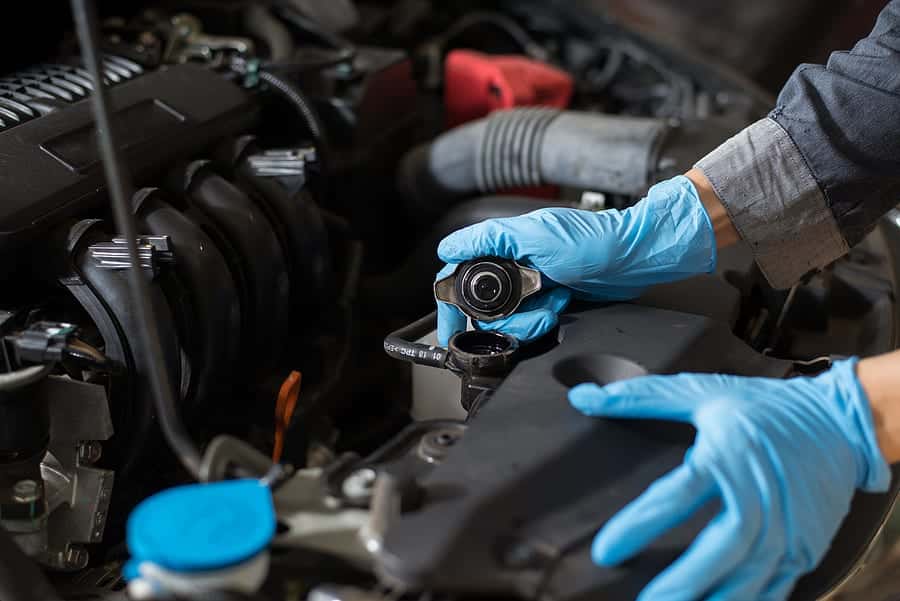
You car’s radiator cap. A small piece of the overall mechanical setup, which can cause a lot of problems if it goes wrong. At worst, you could even be left sitting by the side of the road, waiting for a recovery vehicle. Fortunately however, as with most problems, there are some early warning signs that will give you an inkling that all is not well with this part. Use a little observation and vigilance and you could swerve any issues (and the costs associated with them) before they occur.
Continue reading
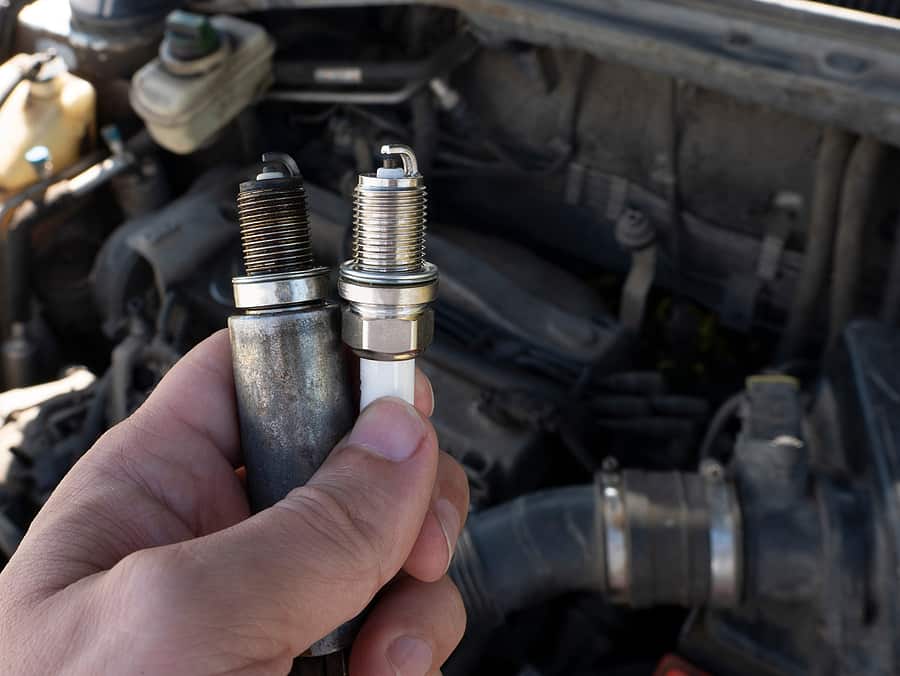
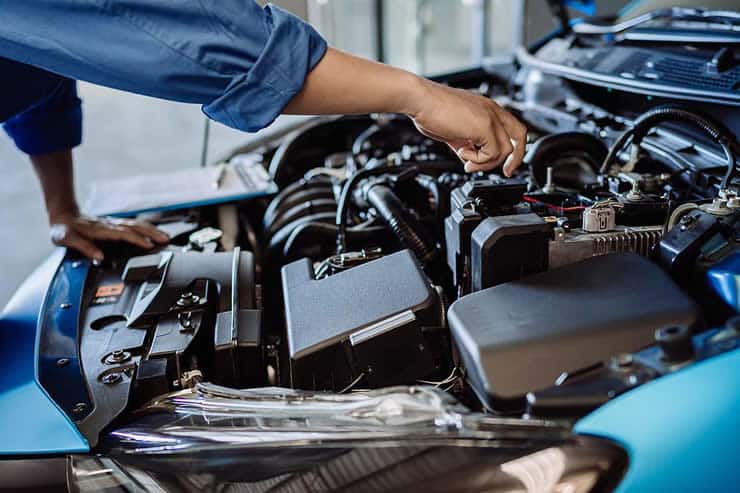


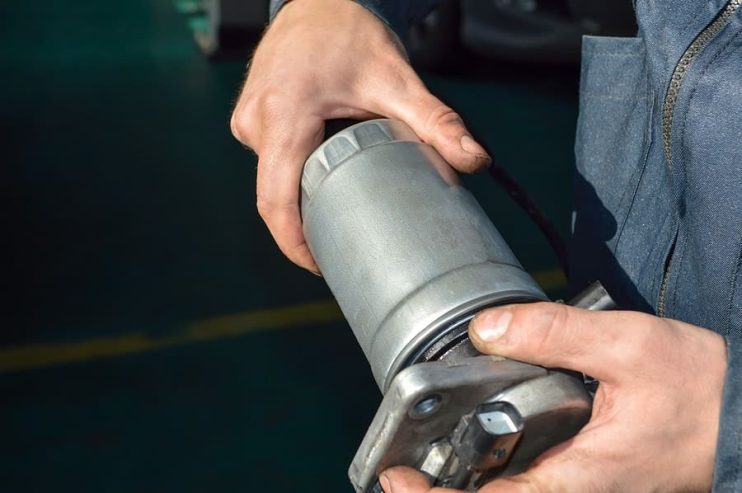
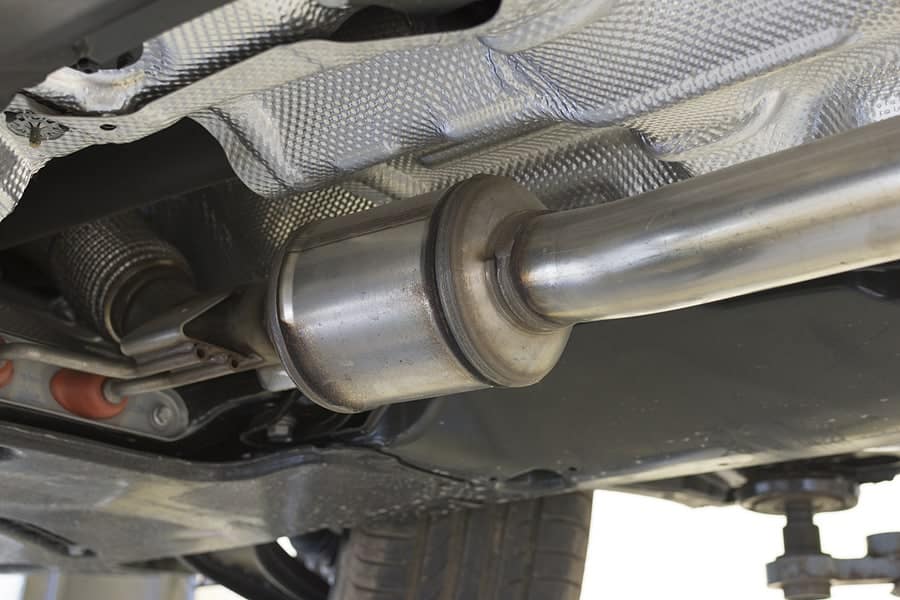
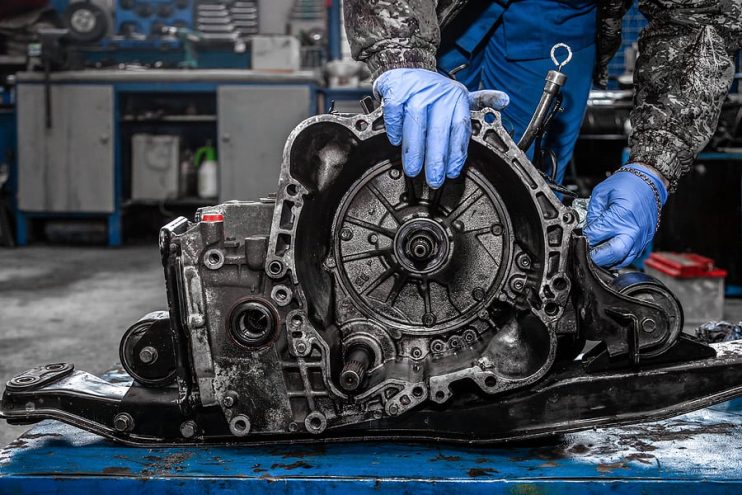


.png)